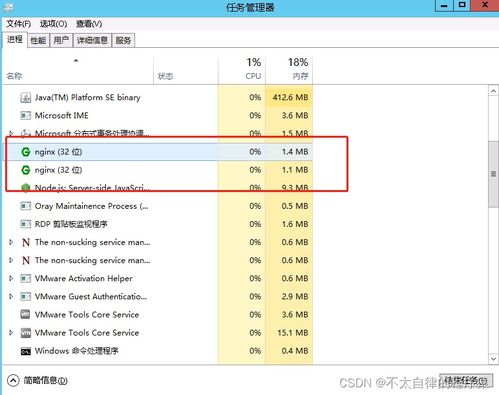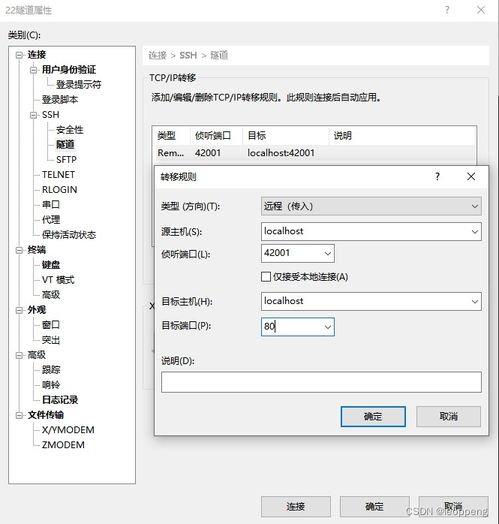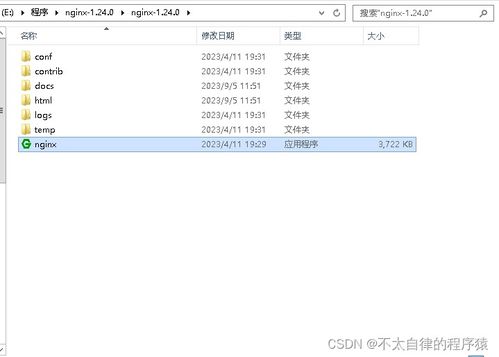http1.80目录

HTTP/1.8:HypotheticalEvolutionoftheWeb协议
Introduction。
http/一点一,thecurrentdominantversionoftheHypertextTransferProtocol,hasservedthewebwellforovertwodecades。however,aswebtechnologiesanduserexpectationsevolve,theneedforamoreefficientandrobustprotocolbecomesincreasinglyapparent.ThisarticleexploresahypotheticalfutureversionofHTTP,HTTP/1.8,anditspotentialfeatures。
KeyFeaturesofHTTP/1.8
1.增强Multiplexing:HTTP/1.8couldbuildupontheMultiplexingcapabilitiesintroducedinHTTP/2,allowingforevenmoreefficientuseofnetworkresources.Thiscouldbeachievedthroughfinergrainedstream管理ementandimprovedprioritizationalgorithms
ServerPush进化:HTTP/1.8couldexpandontheServerPush功能进化HTTP/2,enablingserverstoproactivelysendresourcestoclientsbasedonanticipatedneeds.Thiscouldsignificantlyreducepageloadtimesandimprove用户体验。
3.ImprovedSecurity:WiththeevergrowingthreatlandscapeHTTP/1.8couldprioritizeSecurityenhancements.ThiscouldincludemandatoryuseofTLS1.3orlater,strictercertificatevalidation,和新cryptographicgorithms
StreamlinedHeaderCompression:HTTP/1.8couldexploremoreefficientHeaderCompressionalgorithmsbeyondHPACK,reducingtheoverheadassociatedwithheadertransmission.Thiscouldbeparticularlybeneficialformobiledevicesandresourceconstrained环境
5.AdaptiveCongestionControl:HTTP/1.8couldintroduceAdaptiveCongestionControlmechanismstodynamicallyadjustdatatransmissionrates基本网络conditionsThiscouldimprove网络utilizationandreducelatency
6.服务质量(QoS)Support。couldincorporateQoSmechanismstoprioritizespecifictypesoftraffic,ensuringsmoothdeliveryofcriticalcontentlikevideoandaudiostreams。
7.BuiltinCachingMechanisms:HTTP/1.8couldintegrateCachingMechanismsdirectlyintotheprotocol,allowingformoreefficientcachingofresourcesacrossthenetwork.Thiscouldreduceserverloadandimproveresponse时代。
8.增强ErrorHandling:couldintroduceimprovedErrorHandlingmechanismsprovidingmore关于granular信息abouterrorsandenablingfasterrecovery。
FutureProofDesign:couldbedesignedwithfutureextensibilityinmindallowingfortheintegrationofnewfeaturesandcapabilitiesaswebtechnologiescontinuetoevolve。
Conclusion。
HTTP/1.8hypotheticalvisionofthefutureoftheweb协议Whileitisnotguaranteedtobecomereality,itrepresentsapotentialpathforthecontinuedevolutionofHTTP,ensuringamoreefficient,secure,anduserfriendlywebexperience。

代理服务器的一般端口如下所示。
(1).HTTP协议代理服务器普通端口号:80/880/3128/8801/9080。
(2).SOCKS代理协议服务器的普通端口号是:1080。
(3).FTP(文件传输)协议代理服务器的普通端口号是:21。
(4).Telnet(远程登录)协议代理服务器常用端口:23。
HTTP服务器,默认端口号是80/tcp(木马的Executor开放这个端口);
HTTPS(securelytransferringweb页面)服务器,默认端口号是443/tcp443/udp。
Telnet(不安全的文本传输),默认端口号是23/tcp(Tiny是Telnet服务器开放的端口);
FTP,默认的端口号是21/tcp(DolyTrojan,Fore,InvisibleFTP,WebEx,WinCrash,是BladeRunner开放的端口);
TFTP(TrivialFileTransferProtocol,TrivialFileTransferProtocol),默认端口号是69/udp。
SSH(安全注册),SCP(文件传输),端口重定向,默认的端口号是22/tcp。
SMTP简单邮件传输协议(e-mail)默认端口号是25/tcp。(木马Antigen,e-mailPassword在Sender,HaebuCoceda,ShtrilitzStealth,WinPC,WinSpy开放)。
POP3PostOfficeProtocol(e-mail),默认端口号是110/tcp;
WebLogic,默认端口号是7001;
Webshpere应用程序,默认端口号是9080。
webshpere管理工具,默认端口号是9090。
JBOSS,默认端口号是8080;
TOMCAT,默认端口号是8080;
WIN2003远程登陆,默认端口号是3389;
赛门铁克AV/FilterforMSE,默认端口号是8081;
oracle数据库,默认端口号是1521;
ORACLEEMCTL,默认端口号是1158。
OracleXDB(XML数据库),默认端口号是8080。
OracleXDBFTP服务,默认端口号是2100。
MSSQLSERVER数据库SERVER,默认端口号是1433/tcp1433/udp;
MSSQLSERVER数据库monitor,默认端口号是1434/tcp1434/udp;
QQ,默认端口号是1080/udp

你好,默认是80,一台服务器上可以允许多个网站,但是不允许多个软件同时使用
例如,APACHE默认也是80,所以你不能和IIS一起使用80。有必要修改默认的一项。
你可以用主机头解决多个网站。

1、80端口一般是HTTP服务的端口,以Windows的IIS为例。2、打开IIS管理器,点击左边栏中选择列表最上面的计算机名称,然后在右边栏中选择“停止”,IIS服务就会停止。
3、选择左边栏的“网站”——“DefaultWebSite”,看到右边栏的“操作”,选择。
